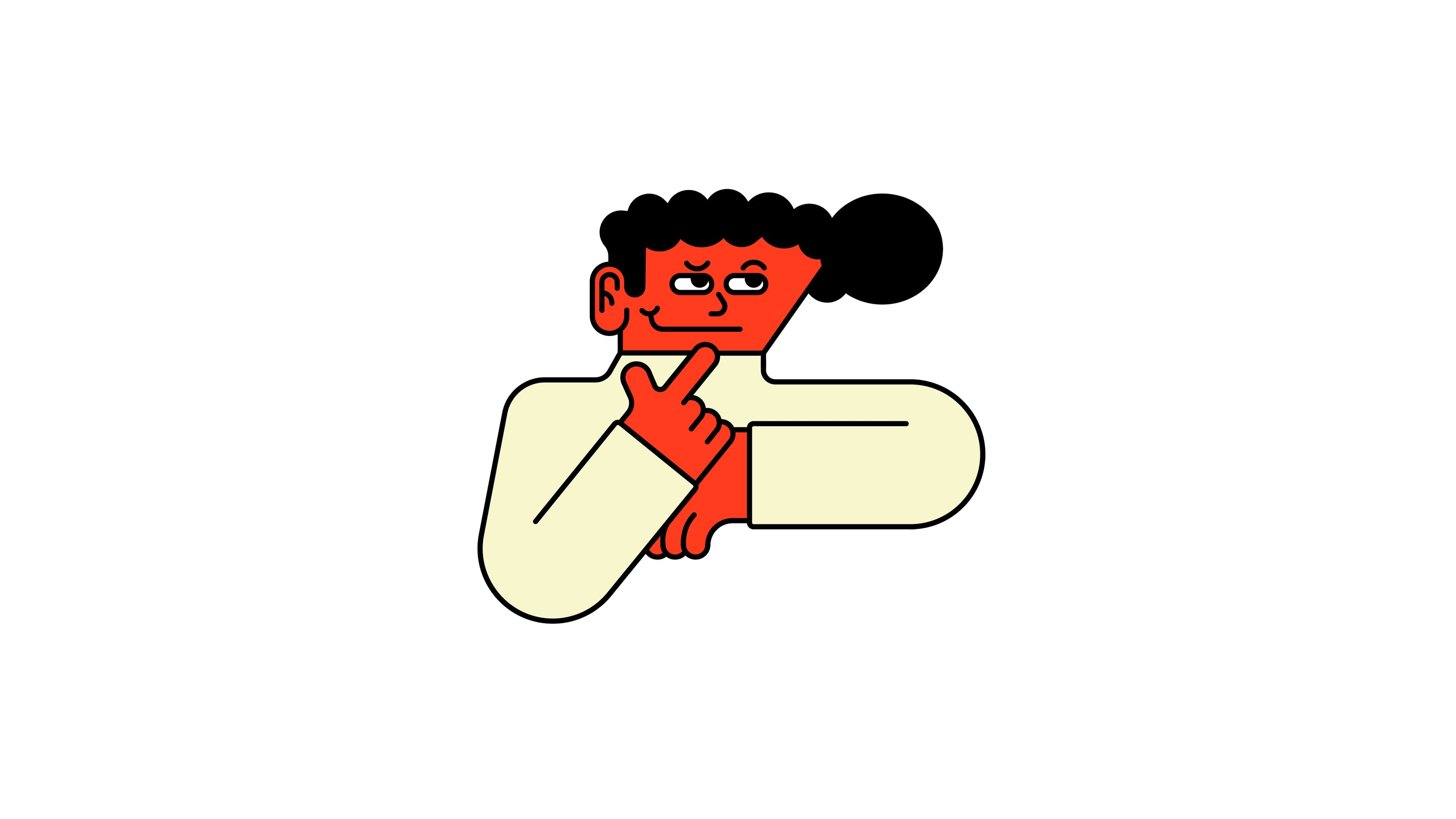
How can we make our future better?
Design has the power to change our living spaces, our everyday lives and how we interact with one another, and to offer solutions – especially against the backdrop of climate change and the challenges of living together in society. How we work, live, communicate, and interact with one another in society is in our hands.
This raises the key question: ‘How can we make our future better – and how can design contribute to this?’
Here are the answers from our Advisory Board and Expert Council:
WDC Advisory Board
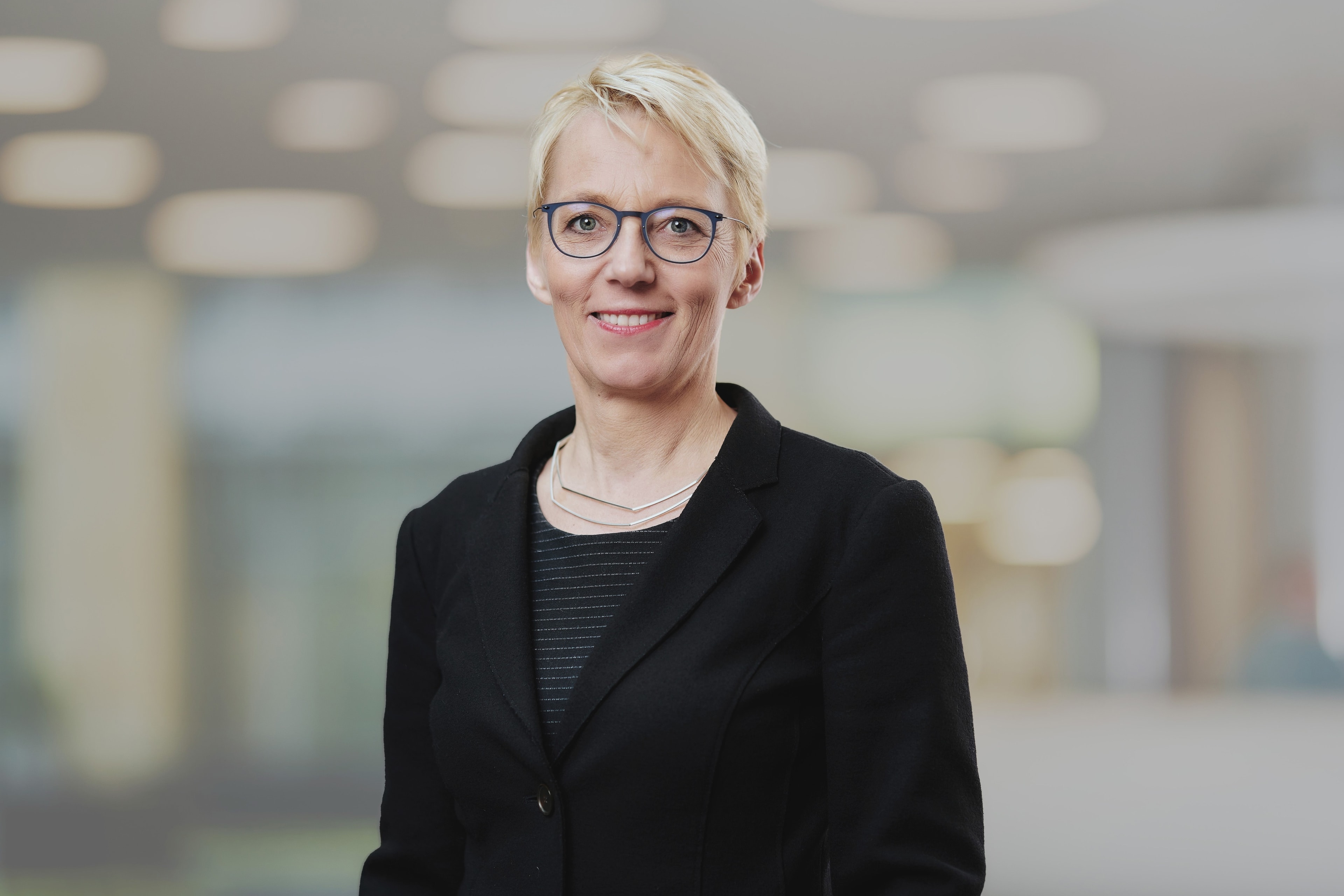 ©Philipp Arnoldt
©Philipp ArnoldtProf. Dr. Tanja Brühl
President TU Darmstadt
A bright future is achieved together. By bringing together diverse perspectives, from which new ideas emerge. Through bold curiosity and inviting discourse in the search for tomorrow's innovations. Through a willingness to experiment and a commitment to change. This requires suitably designed spaces that support this interaction – built spaces as well as open spaces, inspirational spaces, and spaces for reflection.
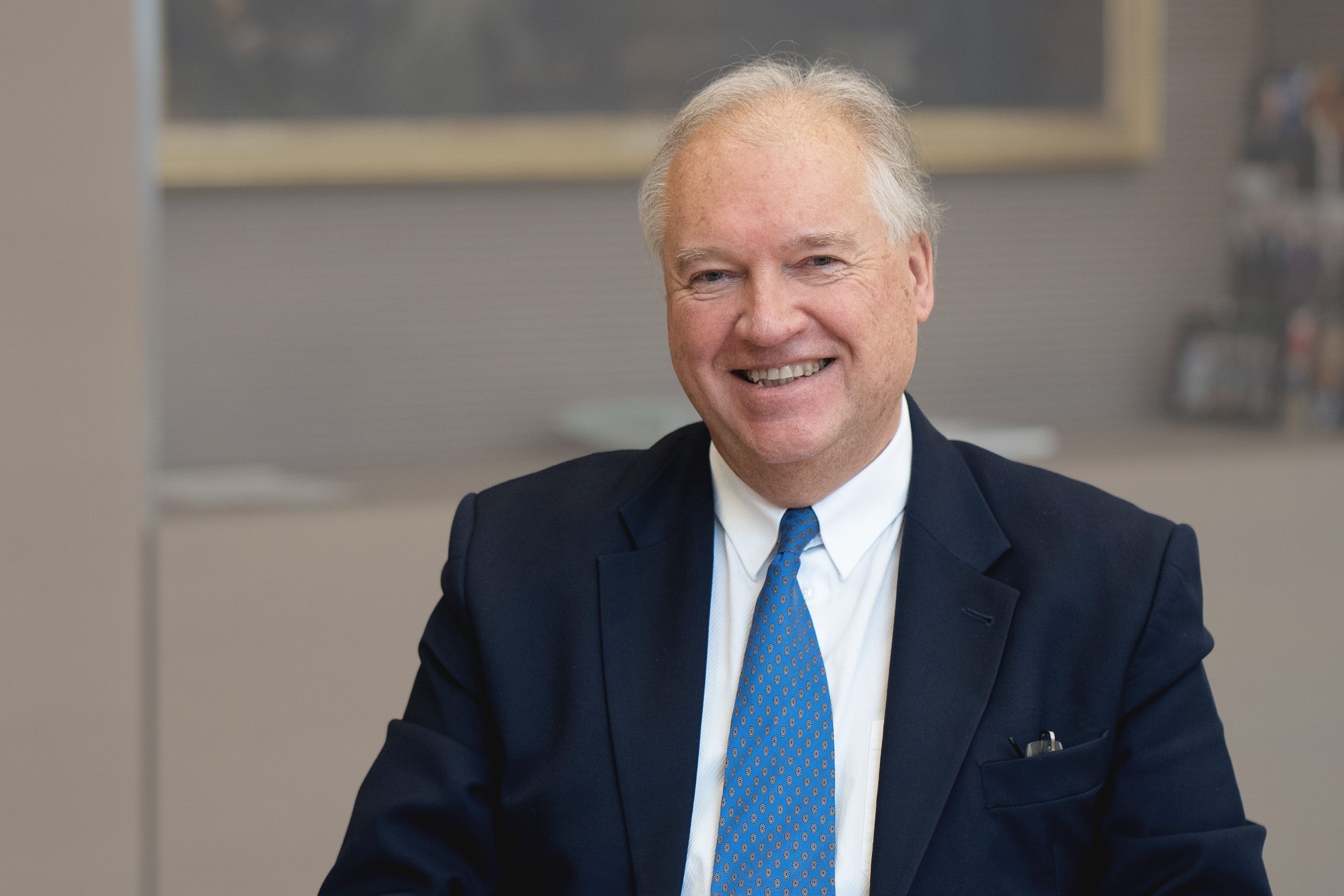 ©Kristin Langholz
©Kristin LangholzUlrich Caspar
President IHK Frankfurt am Main
Good design is a decisive lever for economic prosperity, both in terms of product design and in matters of cooperation, such as reducing bureaucracy. Design creates orientation, identity, and innovation; it combines entrepreneurial thinking with cultural depth. The World Design Capital 2026 is therefore an opportunity for the FrankfurtRheinMain metropolitan region – if we approach it from an economic perspective.
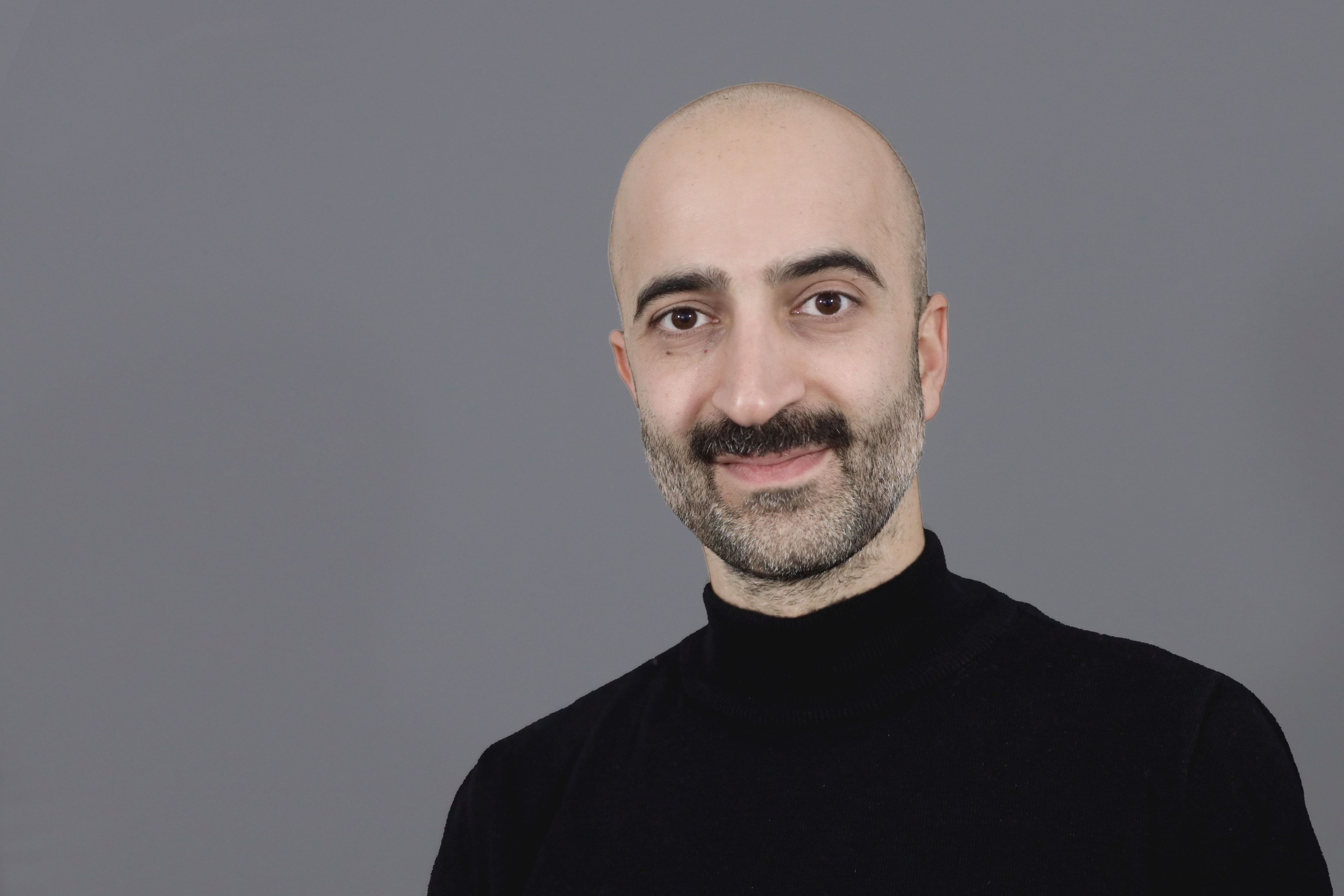 ©Rainer Lind
©Rainer LindDr. Cihan Çelik
Pulmonologist Klinikum Darmstadt
For a healthy future, we must all take responsibility for our coexistence and our democracy. Design creates spaces in which people are heard and seen, encounter one another, and no one is excluded.
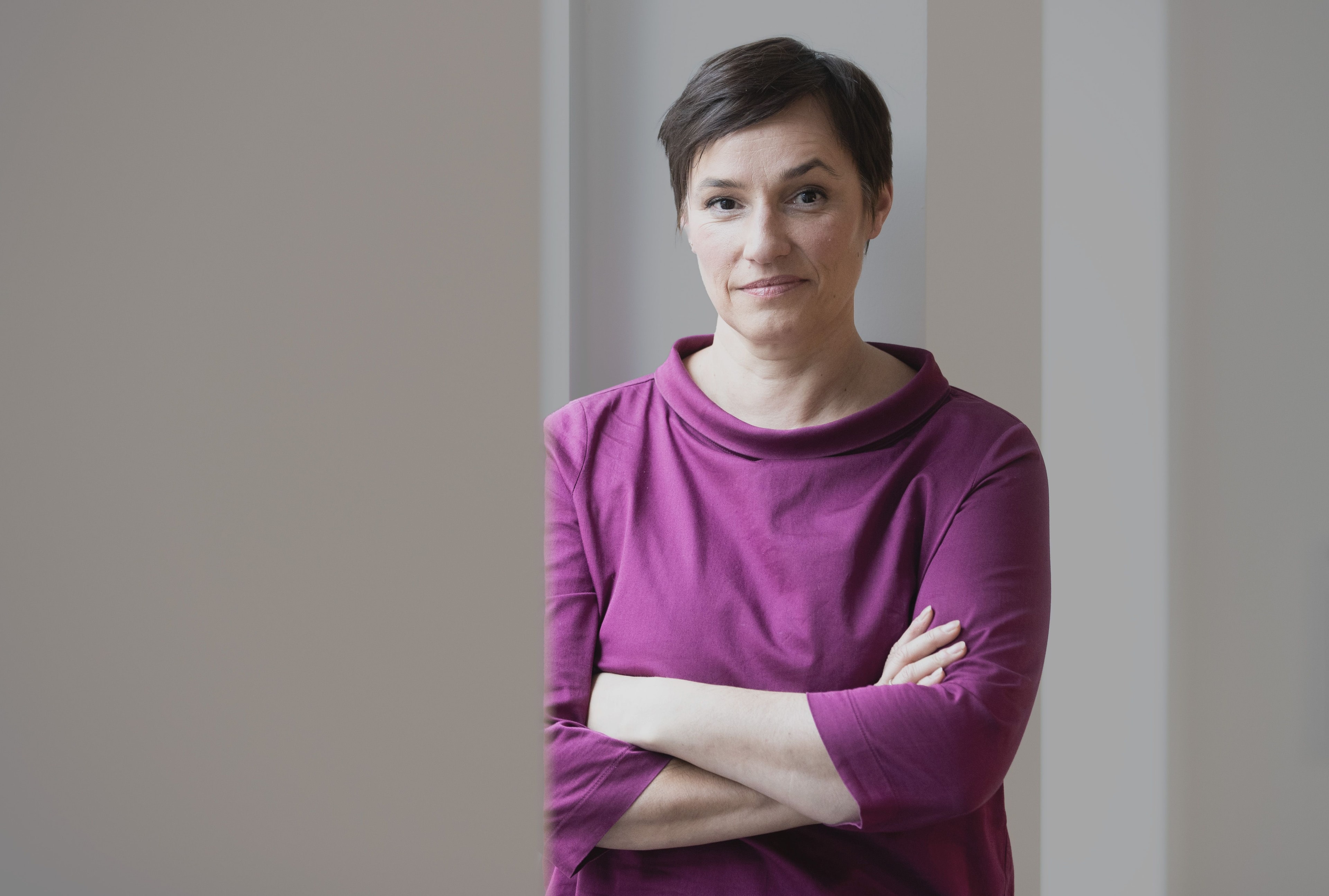 ©F.A.Z.-Foto / Lucas Bäuml
©F.A.Z.-Foto / Lucas BäumlProf. Dr. Nicole Deitelhoff
Executive Board Member at the Leibniz Institute for Peace and Conflict Research (PRIF), Head of International Institutions Program, and Professor of International Relations and Theories of Global Orders at Goethe University Frankfurt am Main
Design is one of the keys to a vibrant democracy: we can and must design public spaces in such a way that they bring citizens together without forcing them to reach consensus, but rather encouraging them to engage with one another about the community and how they want to shape it.
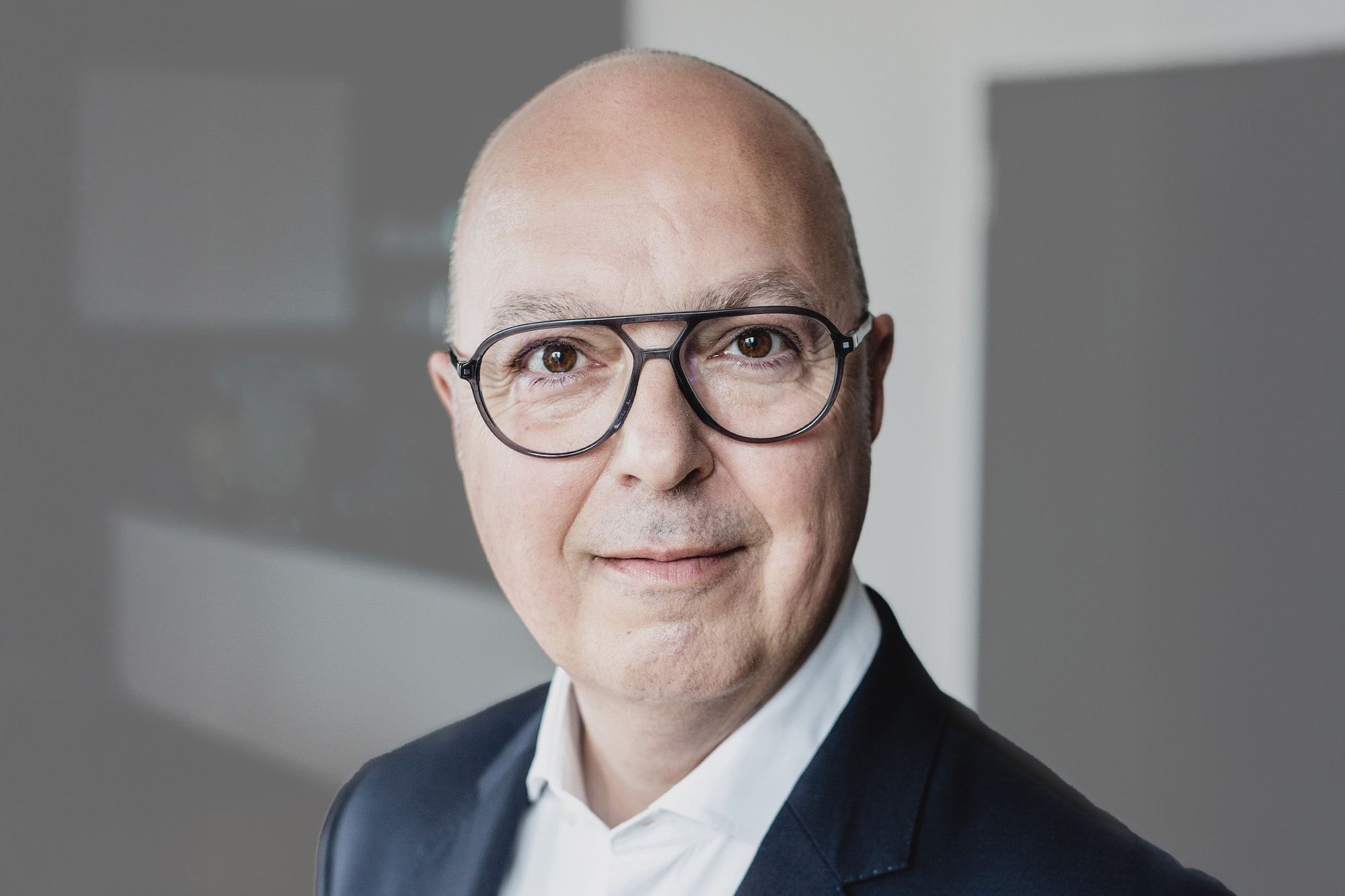 ©Jörg Steinmetz
©Jörg SteinmetzLutz Dietzold
CEO German Design Council
Our future will be better if we consciously shape it: with courage, openness, and responsibility. Design gives us the tools to do this – and provides orientation, connects people, and promotes the economy.
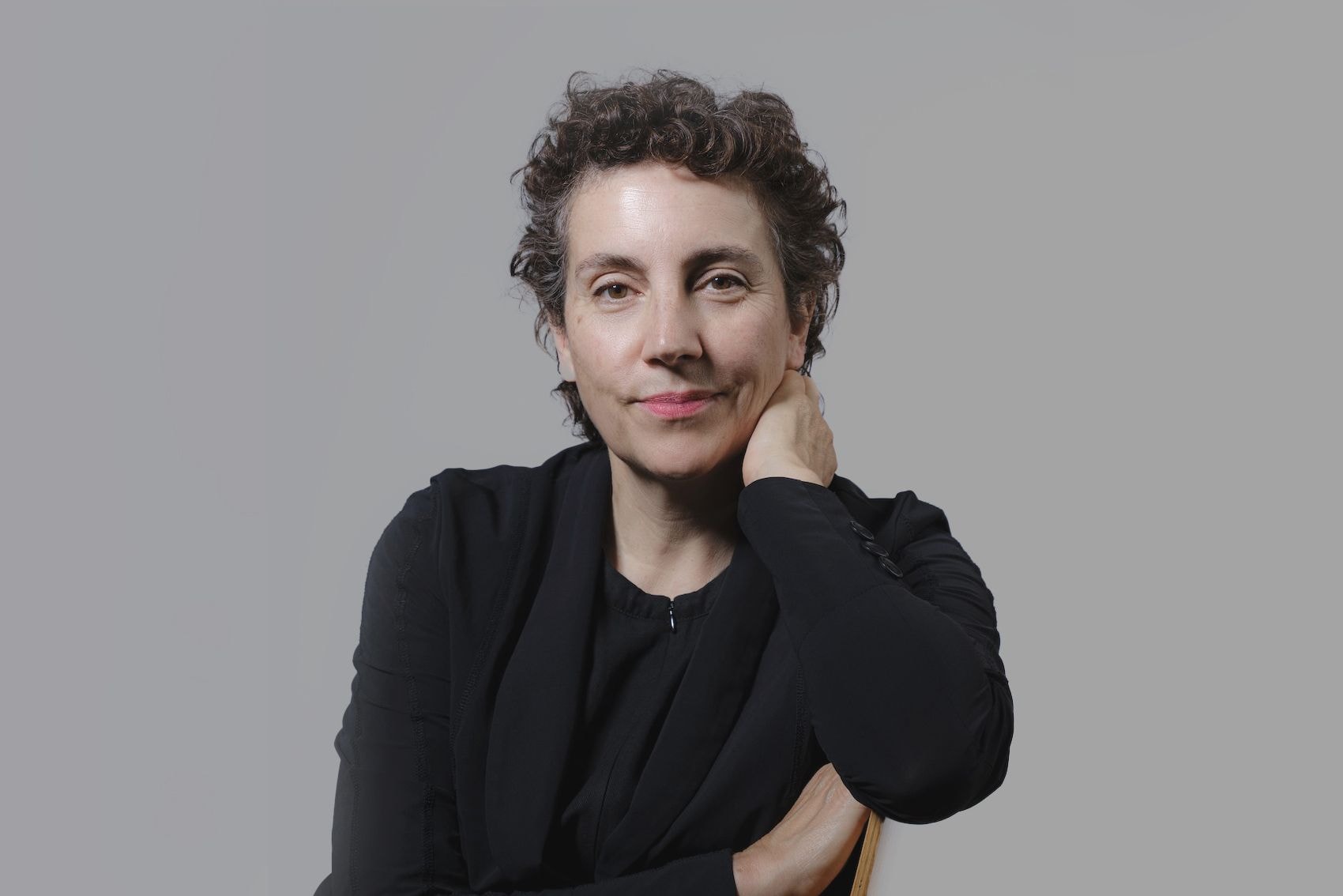 ©Ruth Neubert
©Ruth NeubertProf. Dr. Brigitte Franzen
President of the Offenbach University of Art and Design (HfG)
Design gives things and situations a form that allows us to conceive and imagine the future.
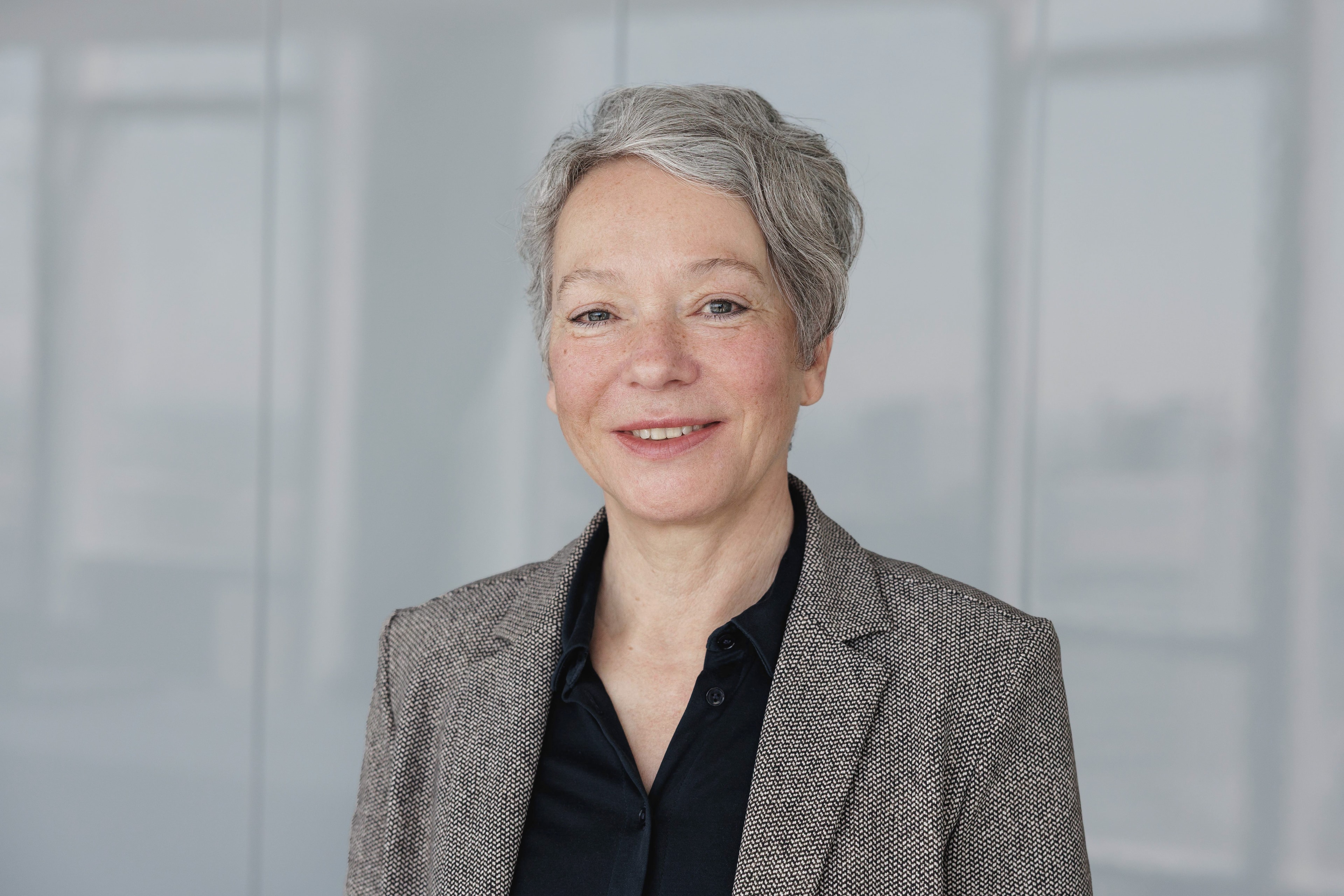 ©Stefanie Koesling
©Stefanie KoeslingDr. Ina Hartwig
City Councillor, Head of Department for Culture and Science Frankfurt am Main
A better future begins when we design our public spaces in such a way that they promote interaction, diversity, and dialogue. That is what I understand by ‘design for democracy’.
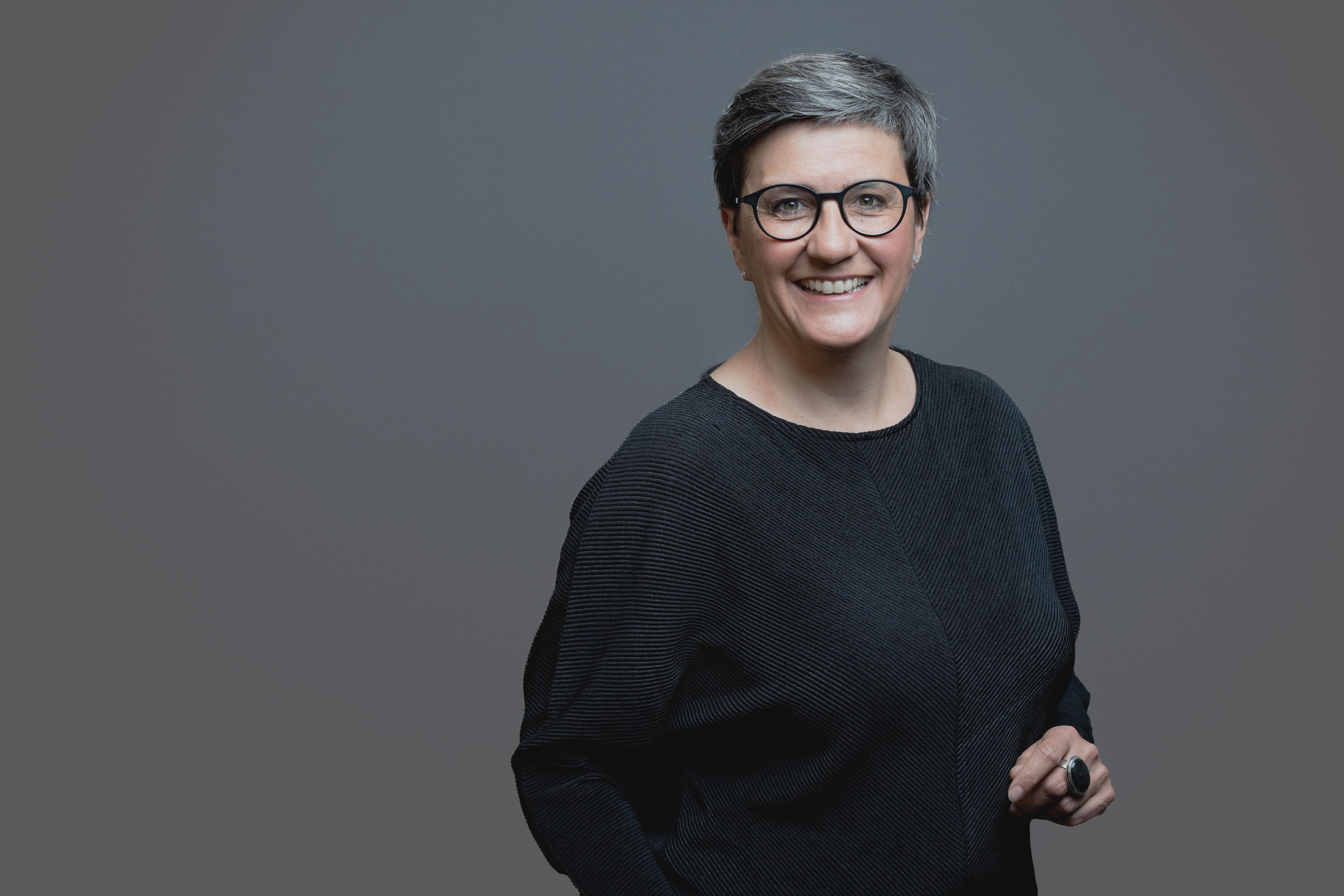 ©HWK FRM
©HWK FRMSusanne Haus
President Handwerkskammer Frankfurt-Rhein-Main
Every day, I see how craftsmanship combines tradition and innovation. It is important to me that we use design to show that our roots can give rise to modern, forward-looking solutions.
 ©Hessische Staatskanzlei
©Hessische StaatskanzleiStS Benedikt Kuhn
State Secretary and Head of the Hessian State Chancellery
Over the past five years, companies in Hesse have won more than 500 design awards. This shows that Hesse is setting standards with its economic power, creativity, and innovative strength. The World Design Capital offers the opportunity to make outstanding Hessian design even more visible. We want to seize this opportunity together and put Frankfurt and Hesse on the world map of design.
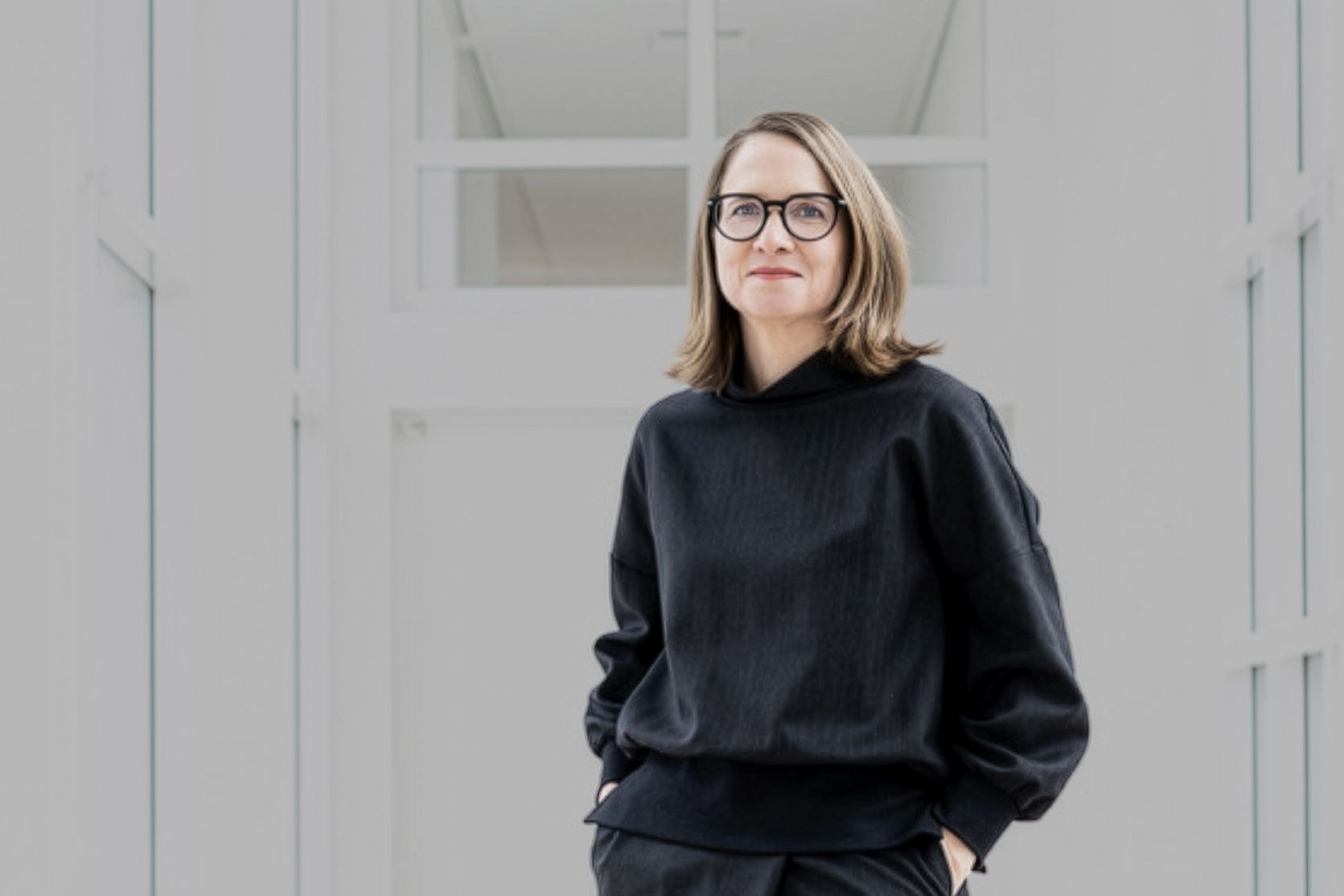 ©Lutz Sternstein
©Lutz SternsteinDaniela Kupetz
Architect, design and teaching in schools and universities
Education for the future opens up opportunities for young people to develop self-confidence, unleash their talents, and gain the courage to follow their own paths – to take responsibility for themselves, society, and the world.
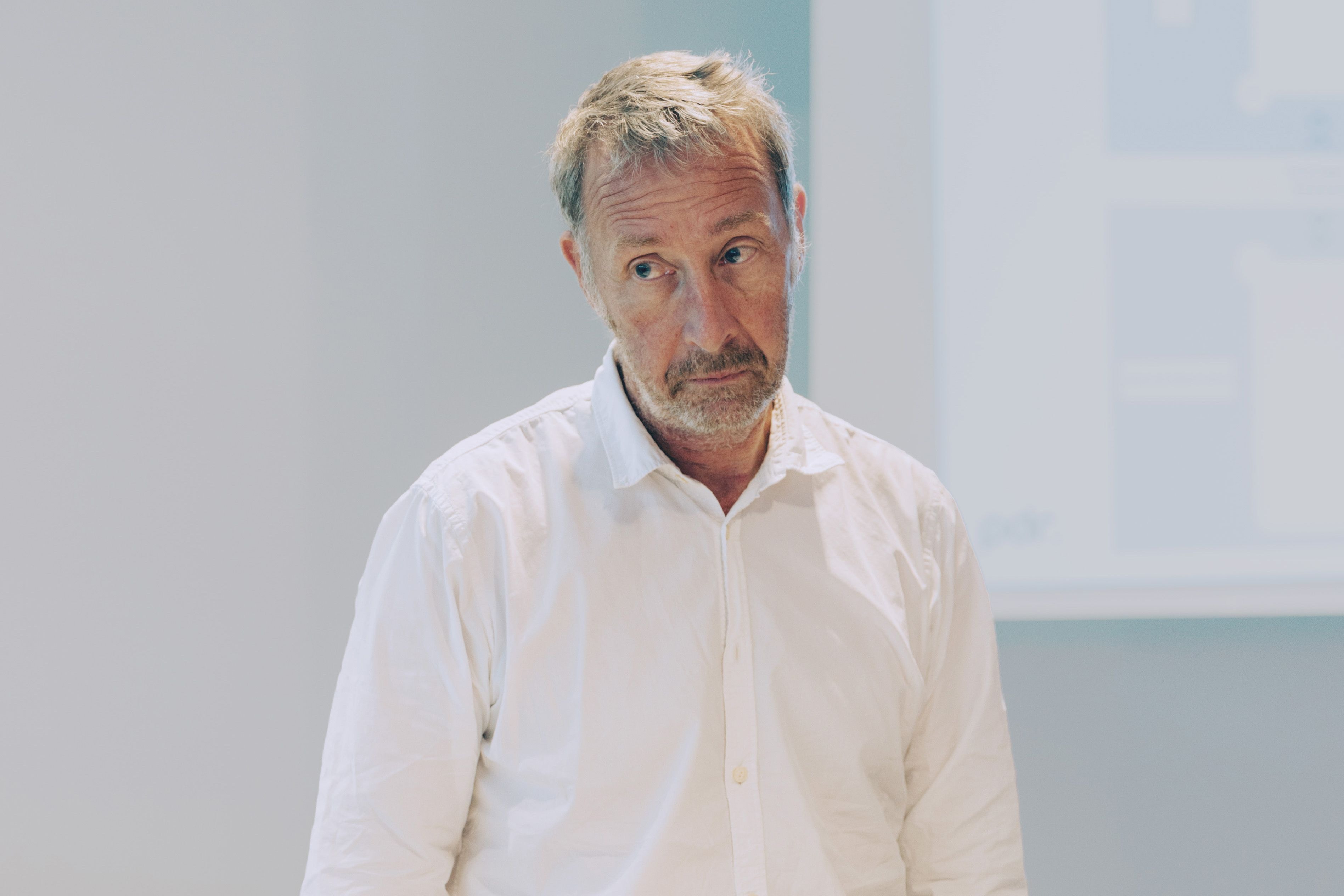 ©Ben Kuhlmann
©Ben KuhlmannStephan Ott
Project Manager/Director, Institute for Design Research and Application (IfDRA)
In times of vicious attacks on democracy, the first priority is not to forget or, worse still, deliberately ignore established fundamental rights. Only on this basis design is – then like no other discipline – capable of translating insights for a better life into practice.
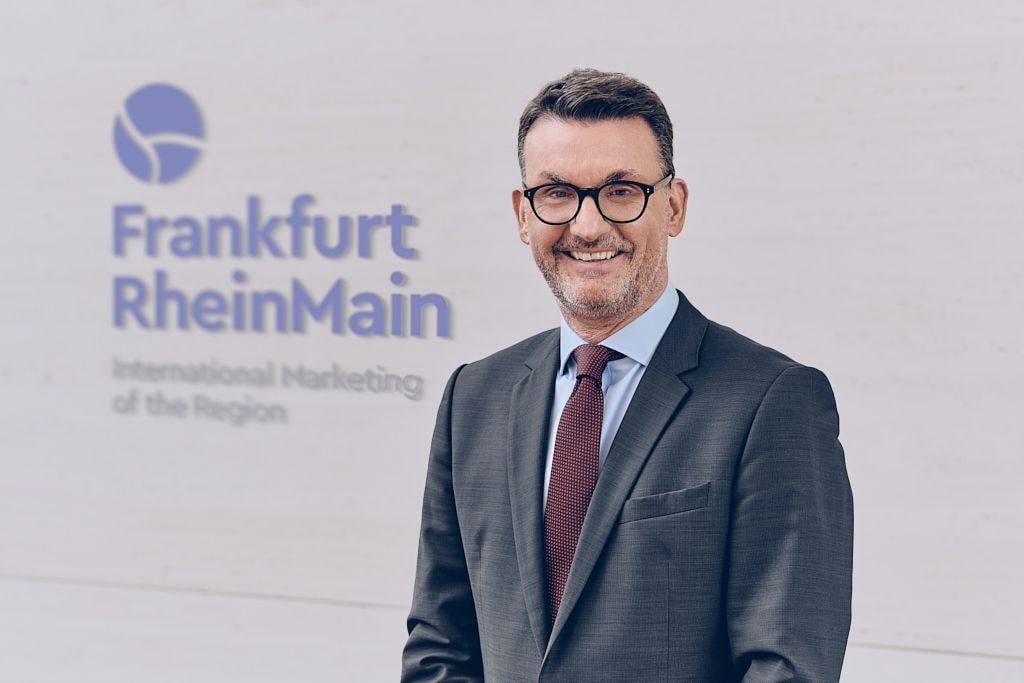 ©Frankfurt RheinMain GmbH
©Frankfurt RheinMain GmbHEric Menges
FrankfurtRhineMain GmbH International Marketing for the Region
For Frankfurt Rhine-Main, the title ‘World Design Capital’ offers the opportunity to raise the region's international profile beyond our traditional strengths in finance, logistics and life sciences. The project must help to draw greater attention to the important contribution made by creativity and our strong creative industry to the success of Frankfurt Rhine-Main. After all, good design brings innovation and opportunities. These are prerequisites for a successful, sustainable and fair future.
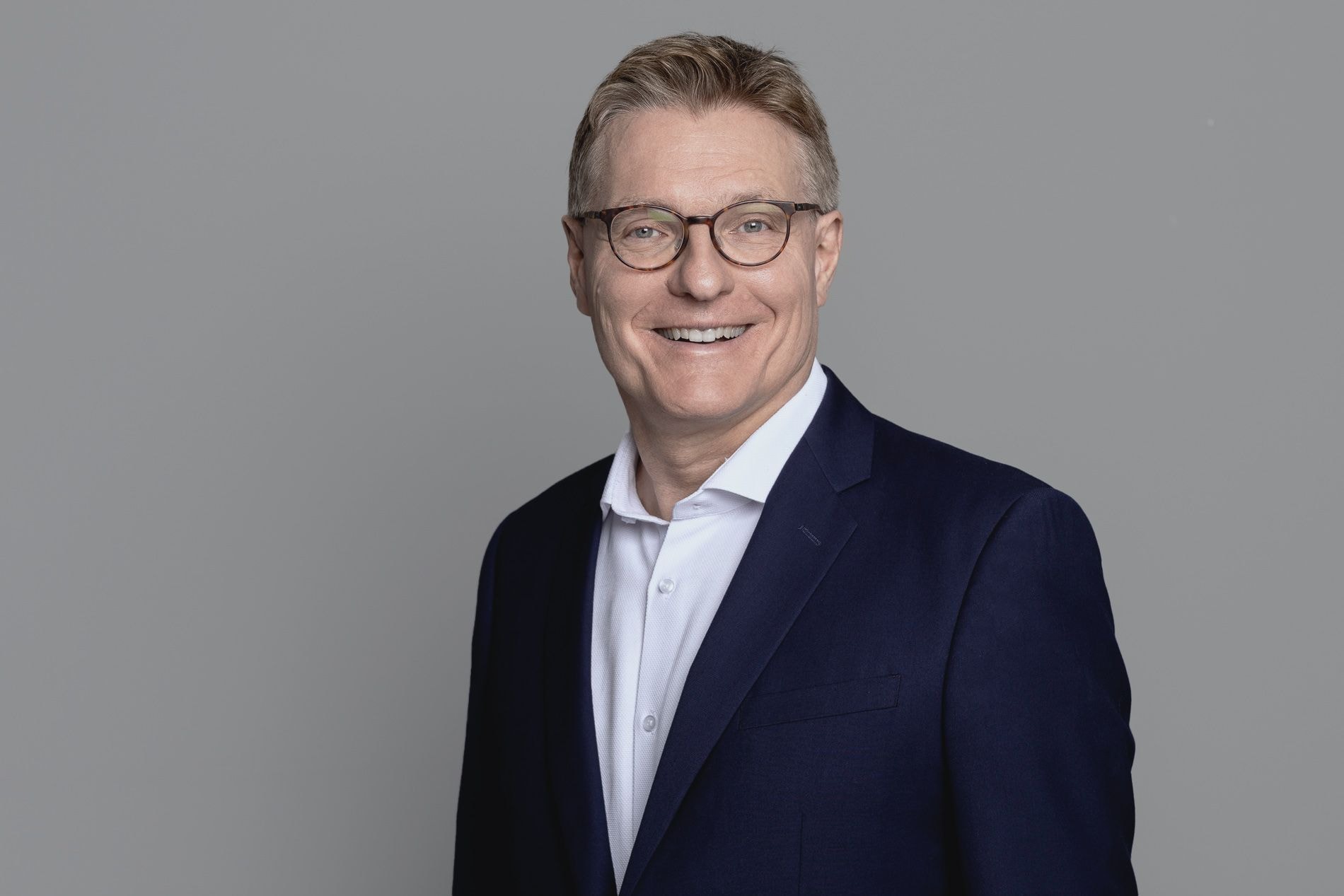 ©Frankfurt Main Finance e.V.
©Frankfurt Main Finance e.V.Hubertus Väth
Managing Director Frankfurt Main Finance
Money is abstract. Its impact is concrete. A financial centre creates and secures prosperity. For everyone who has plans: whether citizens, small or large companies, or start-ups. We are the lifeline of the economy and the showcase of our country, which is always open to the world. Frankfurt is the leading financial centre in the EU. For us, shaping a positive future means ensuring competitiveness, financing transformation and welcoming people from all over the world.
%2520Christof%2520Jakob.jpg&w=3840&q=90) ©Christof Jakob
©Christof JakobKarin Wolff
Former Minister of State of Hesse
Democracy is not weakened by debate, but strengthened. Engaging in constructive discourse in various forms and formats that promote listening, genuine exchange, and the path to good decisions is more helpful than simply confirming each other's opinions.
Expert Council
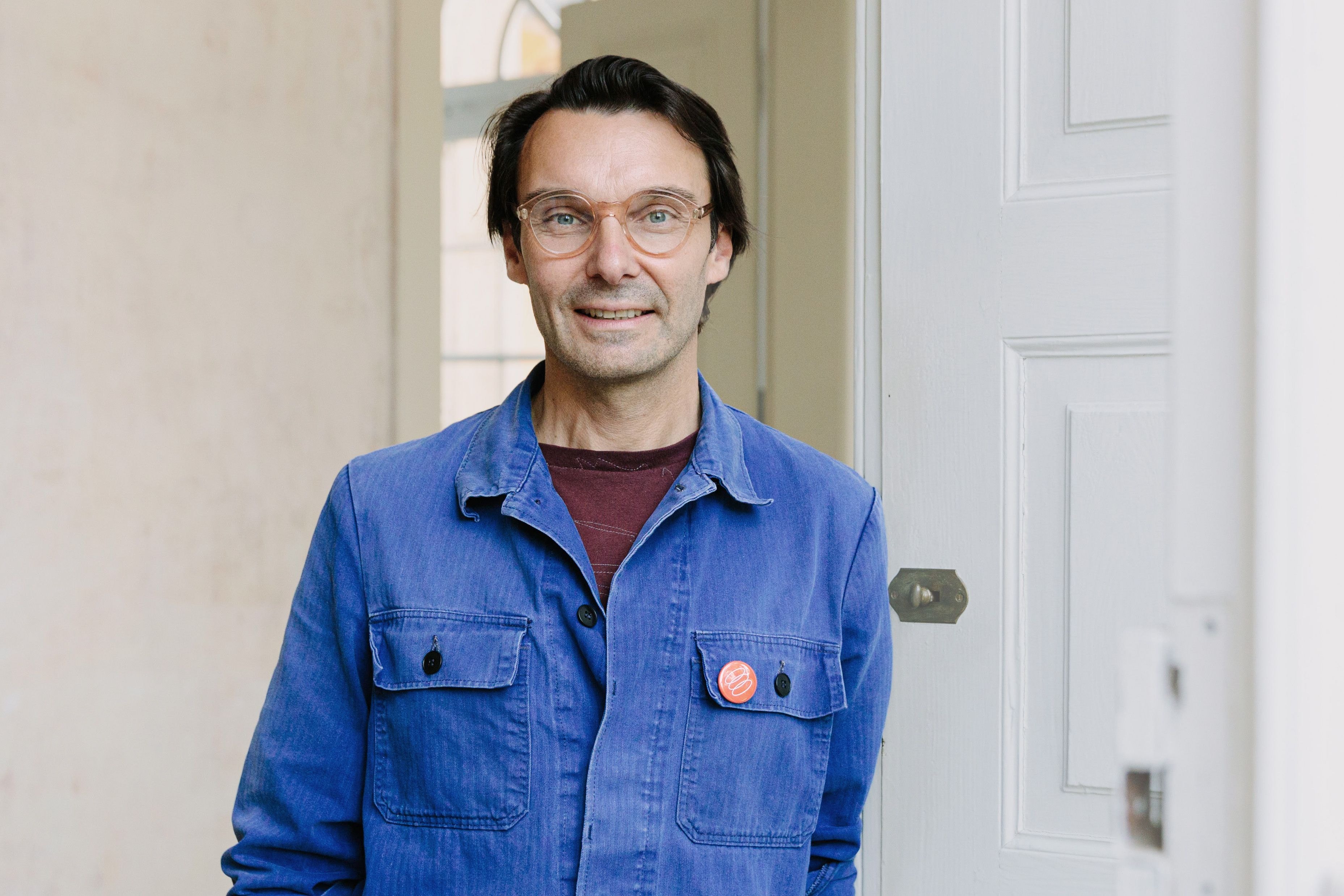 ©Oliver Killig
©Oliver KilligThomas A. Geisler
Director of the Museum of Decorative Arts and the Design Campus at the Dresden State Art Collections
Shaping the future always means becoming aware of the past and present. That is why Frankfurt, with all its history and stories, is a good place to look to the future and consider democracy and how to shape society and societies. It is essential to proceed with mindfulness and respect for all people, species and nature if we want to offer future generations a good life on this planet. Design is a tool for implementation and also offers the opportunity to speculate visually about the future in order to create a basis for decision-making.
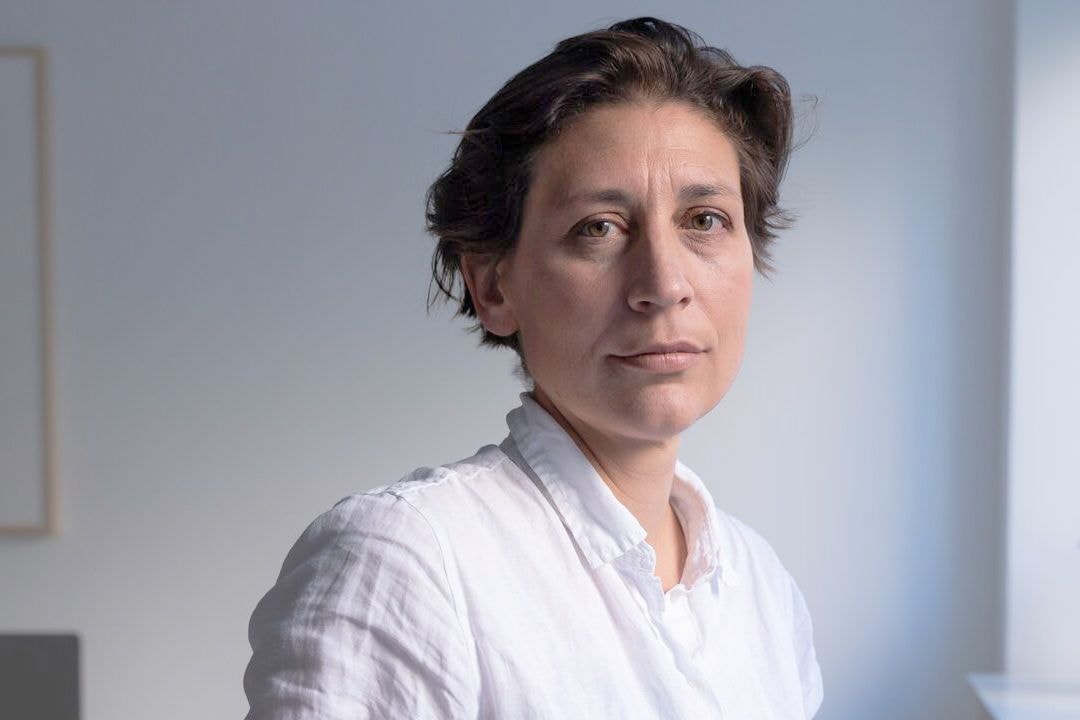 ©Lisa Hoerterer
©Lisa HoertererLaura Weißmüller
Architecture editor at Süddeutsche Zeitung
Good design can not only help to make the future better, it must do so now. It is disturbing to see how much society is currently drifting apart and losing sight of overarching goals. That is why it is now important to overcome social divides and bring people back together. To encourage exchange where otherwise only ignorance and aversion grow. This requires places where everyone feels welcome and which also protect nature. Good design can create such places and thus become a powerful tool for a vibrant democracy.
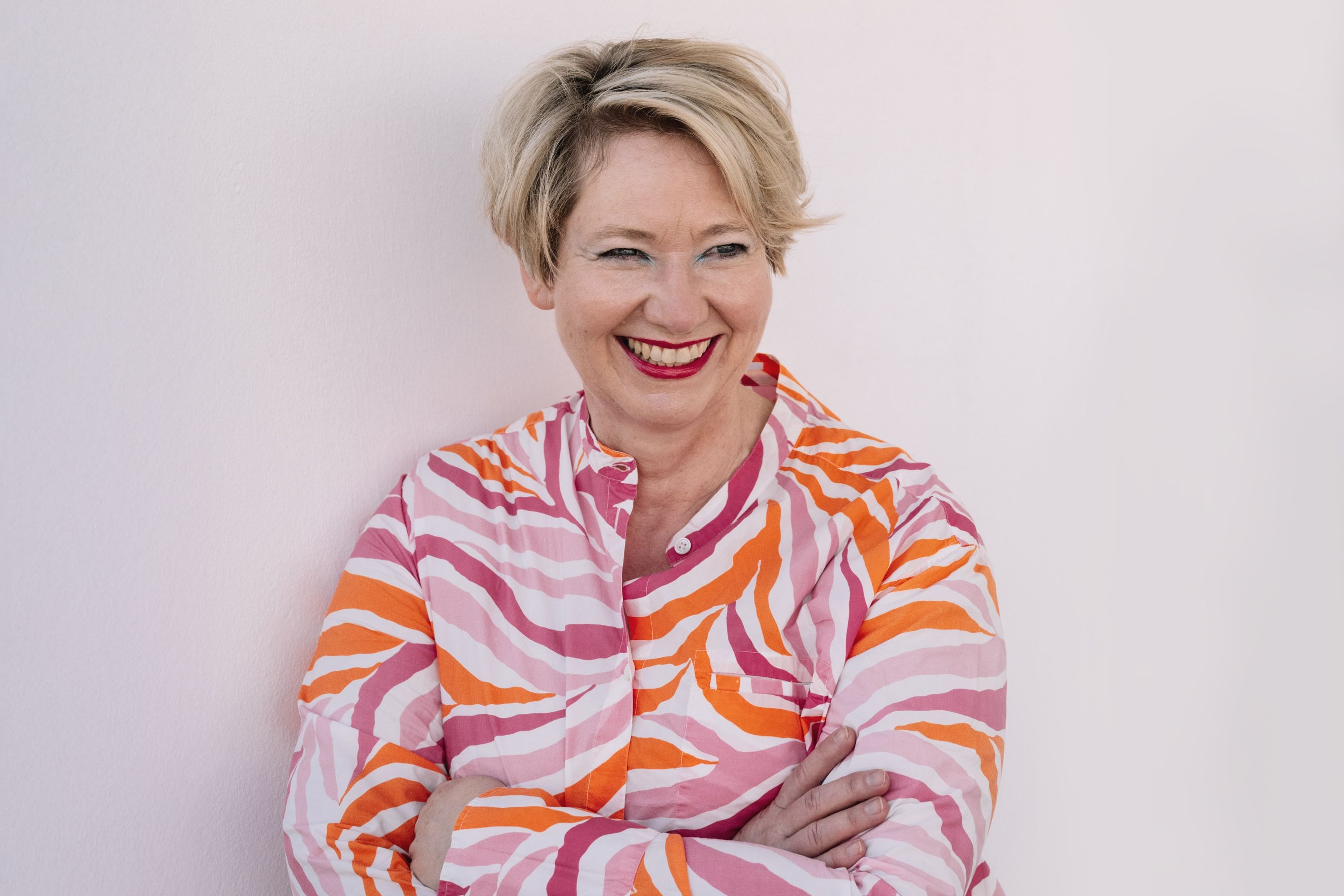 ©Anna Tiessen
©Anna TiessenClaudia Neu
Professor of Sociology of Rural Areas
Inner-city green spaces are not only important for the climate, but – equipped with nice, functional street furniture such as benches or shaded seating areas – they are also important places for people to meet and communicate. We need much more good urban design.